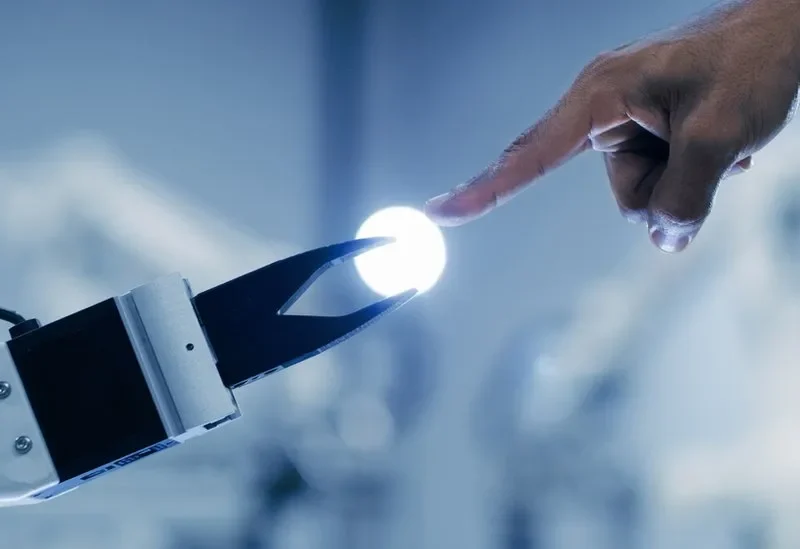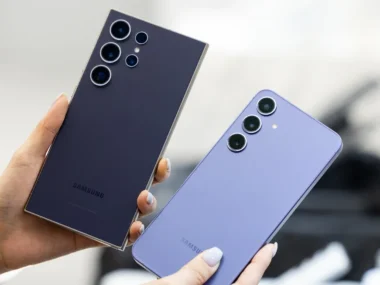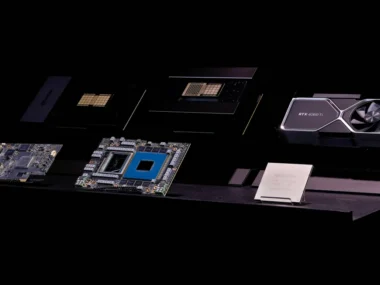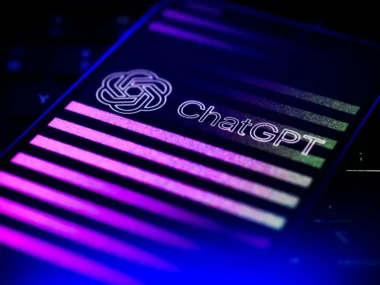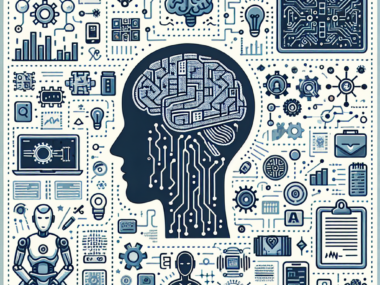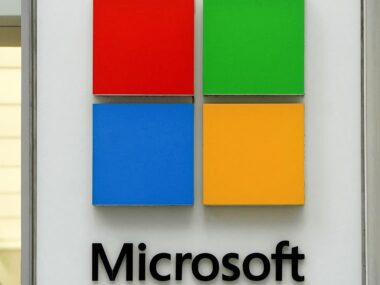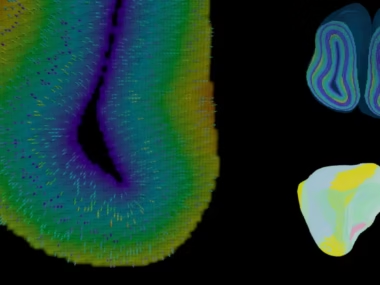The UK Supreme Court has reaffirmed previous rulings by rejecting an attempt to include artificial intelligence as the inventor in a patent application.
Technologist Dr. Stephen Thaler had attempted to secure recognition for his AI, named Dabus, as the inventor of a food container and a flashing light beacon. However, in 2019, the Intellectual Property Office (IPO) rejected this request, asserting that only a human could be designated as an inventor. This decision was subsequently upheld by both the High Court and the Court of Appeal.
The IPO and the courts maintained the stance that patent rights could only be granted to “persons” and not to artificial intelligences. Now, five Supreme Court judges have dismissed an attempt to overturn these rulings, firmly concluding that “an inventor must be a person,” making it impossible for an AI to be recognized as an inventor in order to obtain patent rights.
It’s important to note that this ruling does not address whether Dabus actually invented the food container and light in question. Dr. Thaler, who believes that Dabus represents a “conscious and sentient form of machine intelligence,” expressed disappointment with the decision, highlighting the ongoing tension between human and machine intelligence.
The IPO welcomed the judgment and the clarity it provided, while also indicating that the UK government would continue to review this area of law to ensure that the patent system supports AI innovation and usage in the UK.
Rajvinder Jagdev, from the intellectual property litigation firm Powell Gilbert, pointed out that the judgment does not prevent a person from using AI to create an invention. In such a scenario, it would be possible to apply for a patent as long as the human creator is identified as the inventor. The judgment suggests that had this specific scenario been presented for consideration, the outcome might have been different.
Valid inquiries
Dr. Thaler also contended that he should be eligible for patents on inventions created by Dabus as the AI’s owner, but this argument was rejected.
A different ruling could have posed challenges for companies utilizing AI software for innovation, as they might not have been considered the patent owners, according to Diego Black, an expert from the European intellectual property firm Withers and Rogers.
Simon Barker, a lawyer at Freeths, highlighted the thought-provoking policy implications raised by the judgment, particularly regarding how governments may need to adapt laws in response to advancements in AI.
Similar debates exist in other realms of intellectual property, such as copyright for AI-generated works. Questions arise about whether the AI programmer, the user who prompts the machine, or the machine itself should be considered the creator.
Professor Ryan Abbott, who represented Dr. Thaler in the case, noted that the decision implies that AI, at most, can be regarded as a “highly sophisticated tool” used by inventors. This redefines the concept of an “inventor” under UK patent law, suggesting that one need not make the creative leap behind an invention, as was previously assumed. Consequently, companies employing AI for product development will need to assert that they or their employees are the inventors, even if human involvement primarily consists of turning on the computer.
Some legal experts anticipate increasing pressure for changes to existing laws as AI continues to gain the capability to autonomously generate innovative ideas.
The IPO acknowledged the existence of “legitimate questions” about how the patent system and intellectual property, in general, should handle AI-generated creations.
In June 2022, the UK government responded to its consultation on AI and intellectual property. It concluded that no immediate changes to UK patent law were necessary and recognized that any future changes should be addressed at an international level. The Supreme Court’s decision does not alter this conclusion, according to the IPO.

